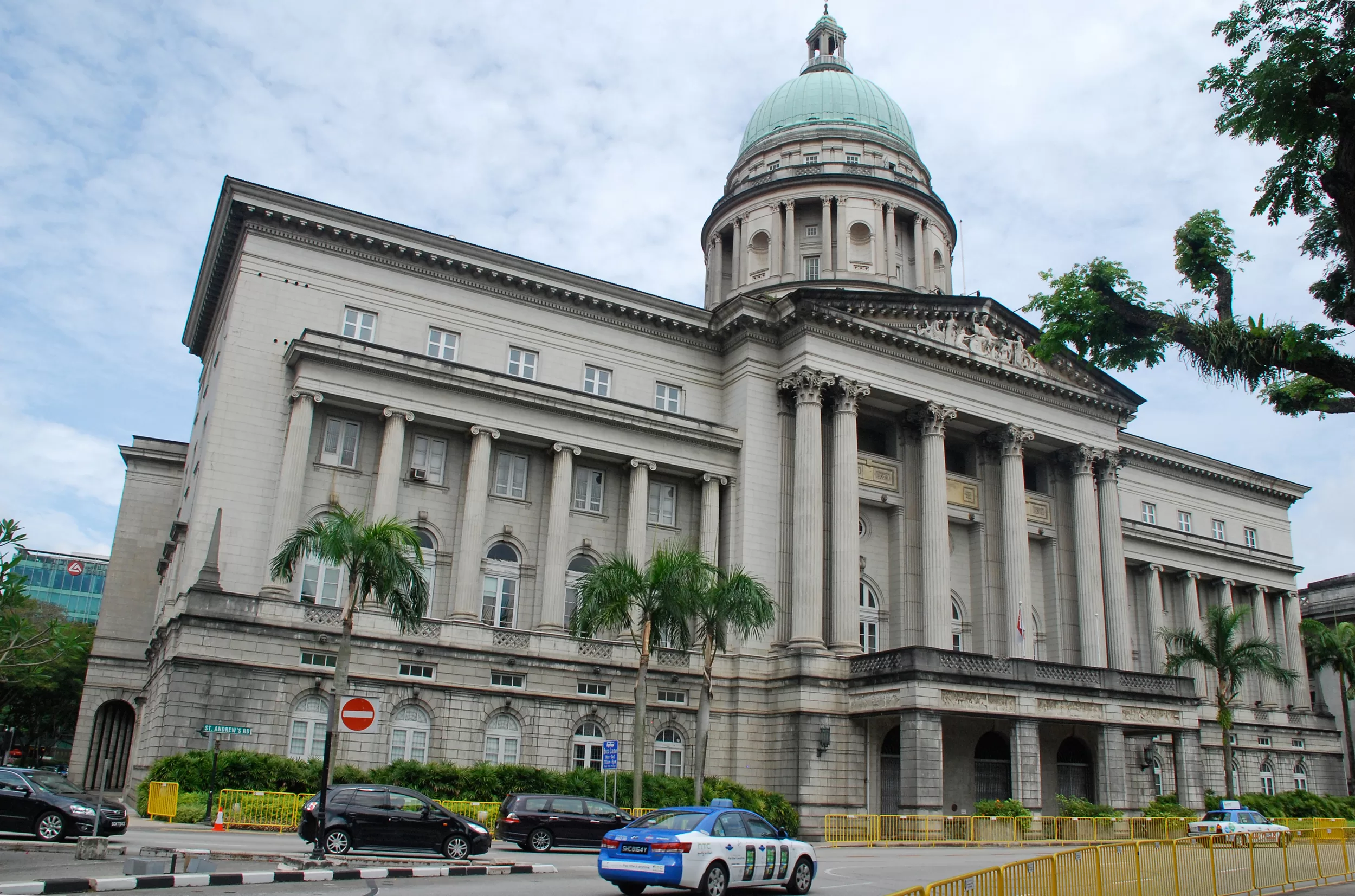In a groundbreaking legal development, the High Court of Singapore has issued a landmark ruling, officially classifying cryptocurrency as personal property, akin to fiat money. The ruling came to light on July 25 in a case involving a former employee of the cryptocurrency exchange ByBit, Ms. Ho Kai Xin. She was accused of transferring approximately 4.2 million USDT to her private accounts, leading the court to order her to return the funds to the exchange.
Cryptocurrency’s Property Status
The crux of the ruling lies in the court’s recognition of cryptocurrencies as a form of property, despite their intangible nature. Unlike traditional assets, cryptocurrencies do not physically exist, yet the court determined that they hold value as long as individuals perceive them to be valuable. The analogy of rivers was used to explain this concept, likening the identification of digital tokens to naming a river, even though the water within its banks is ever-changing.
Dismissing the Notion of “Real” Value
Judge Philip Jeyaretnam firmly dismissed the notion that cryptocurrencies lack “real” value. He emphasized that value is derived from the collective belief of people, underscoring the significance of cryptocurrencies as “things in action.” Consequently, cryptocurrencies can be classified as a type of property enforceable by law, even in the absence of physical possession.
Support from Monetary Authority of Singapore
The ruling is bolstered by a consultation paper issued by the Monetary Authority of Singapore (MAS), which proposed rules governing digital payment tokens. The MAS highlighted that if these tokens can be distinctly identified and separated, they can be considered legally held in trust. This approach aligns with the court’s recognition of cryptocurrencies as property, further solidifying their status in the legal context.
Implications for Cryptocurrencies in Singapore
The High Court’s ruling carries substantial implications for the treatment of cryptocurrencies in Singapore. By officially acknowledging them as property, the court has set a precedent that may influence future legal proceedings involving cryptocurrencies. This recognition offers a level of certainty and clarity for individuals and businesses dealing with cryptocurrencies in the country.
A Positive Step for Cryptocurrency Industry
The ruling is viewed as a positive step for the cryptocurrency industry, as it reinforces the legitimacy of cryptocurrencies as valuable assets. By establishing them as personal property, the court has provided a legal framework to protect the rights and interests of cryptocurrency holders and businesses operating in the sector.
Paving the Way for Further Adoption
Singapore’s recognition of cryptocurrencies as property may pave the way for further adoption and integration of digital assets into the mainstream economy. As cryptocurrencies gain broader recognition and acceptance, they may find increased use in various financial transactions and investment opportunities.
A Landmark Ruling with Global Impact
The Singapore High Court’s decision to recognize cryptocurrencies as personal property marks a significant milestone in the evolving landscape of digital finance. While the ruling specifically applies to Singapore, its implications resonate beyond the country’s borders. As other jurisdictions grapple with the legal treatment of cryptocurrencies, Singapore’s progressive stance may inspire similar considerations worldwide.
In conclusion, the High Court’s landmark ruling is a pivotal moment for the cryptocurrency industry in Singapore, offering clarity and protection for stakeholders involved in the crypto space. With cryptocurrencies now officially recognized as personal property, their role in the country’s financial ecosystem gains further legitimacy and opens new avenues for their integration into various sectors of the economy.


